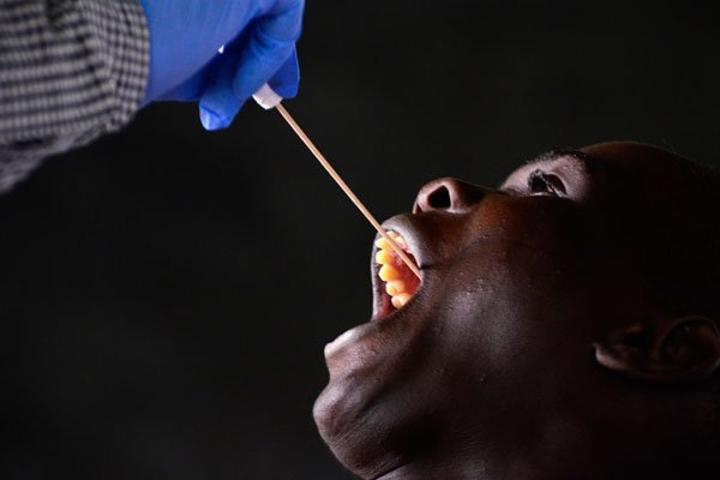Africa-Press – Uganda. The number of Covid-19 samples being tested on daily basis has significantly declined in the past two months, government statistics indicate.
According to the Health ministry, only 49,873 samples were tested in February compared to the 120,142 samples which were tested in December 2020. This is a 41.5 per cent decline in testing.
At the same time, the reported cases of Covid-19 infections also declined by 95 per cent, from 14,476 cases in December 2020 to 761 cases in February.
Dr Susan Nabadda, the commissioner for laboratory and diagnostic services, said this is because of the low number of people who are going for Covid-19 testing in health facilities.
“Our strategy for Covid-19 testing in government laboratories is for people who are symptomatic or contact of a positive case. People who present symptoms such as cough and flu also get tested for Covid-19 if they go to the health facilities,” Dr Nabadda said.
A senior laboratory expert, who spoke to Daily Monitor on condition of anonymity, also said testing Covid-19 is majorly being done for travellers and frontline line workers which results may not give a good picture of the pandemic.
“The samples that are coming from the communities are few. And of the few samples from the communities, the Covid-19 positivity rates are very high,” the source said.
Prof Pontiano Kaleebu, the director of Uganda Virus Research Institute, told this newspaper earlier that the interest of people in going for Covid-19 testing declined from December and that it was worsened by government action of blocking social media.
“The results are sent by email and to people’s phones through WhatsApp. During the time of Christmas and the time of elections, we got fewer people coming for testing,” Prof Kaleebu said.
Health Minister Jane Ruth Aceng, in an earlier interview, attributed the reduction in reported cases to the normal trend of a pandemic.
She said the country reached the peak of the pandemic between November 2020 and early January which “represented the close of the first wave of the pandemic.”
“The falling numbers, therefore, represent a punctuation consistent with emergence of what we shall consider as the second wave. This may initially occur as isolated surges in different communities and populations groups, only to later merge into another singular wave, nationally, Uganda, just like other countries globally, is therefore not yet safe,” she said.
Issue
Figures from Our World in Data, one of the websites which give real-time global data on progress in Covid-19 testing, cases and deaths, show that Uganda is lagging behind in testing.
The data for March 1 from the website indicates that Uganda has done 19 tests per 1,000 population, a figure which is several times below Rwanda with 77.9 tests per 1000 population and South Africa with 153 tests per 1000 population.






